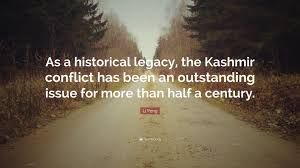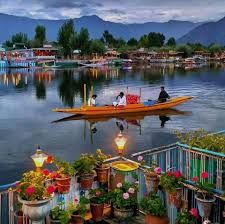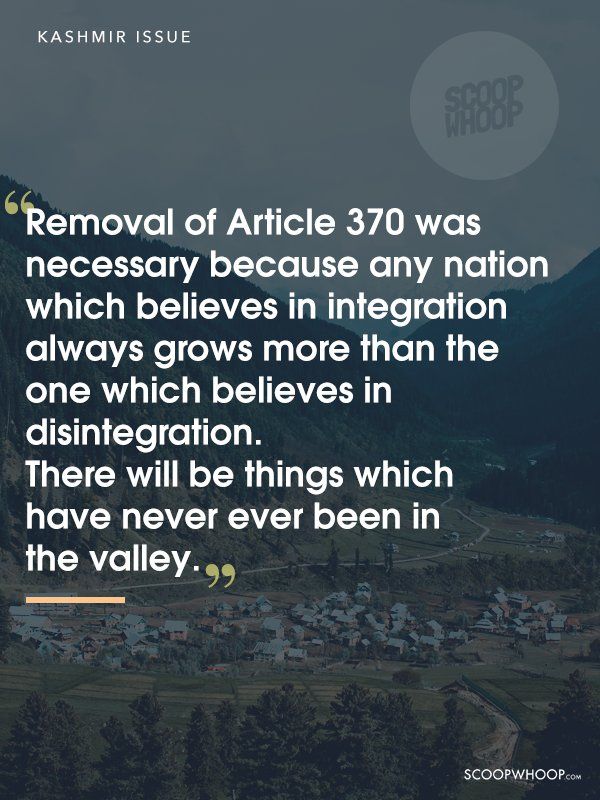Kashmir- A Valley Of Historical Conflict
Aug 31, 2019 • 6 views


Kashmir is the crowning geographical glory of India when we think of its natural serenity and blessed ecology. However, till date, it has been one of the most conflict-ridden zones in the country, or, for that matter; the planet. This blood-smeared past of Kashmir presents a stark contrast to its inherent peacefulness. A mix of political disturbances have categorically created strife, unrest, and radicalism in the area. But it is often the local people who are ignored and whose problems are carpeted away in manipulative race of competing ideologies of the interest groups. And that is what we can firmly say for sure of the valley today.

The recent abrogation of Article 370, is defended by many as a step in the right direction for its true integration with India. It was a temparory provision of the Constitution, but it gained permananence since no political party was able to touch upon it under the pretence of protecting the 'Kashmiriyat'- the simple counterargument to this is that the other states manage to retain However, the drastic manner of its execution puts down a heavy question mark on the asymmetrically federal structure of the country. India also remains answerable on international platforms for hints of human rights violations that manage to emanate from the digitally shut down valley. When it comes down to justice, there are very few people who realise that the means matter as much as the ends.
What will happen of Kashmir, you ask, dear reader?
Well, it's course is yet to be fully charted. It can prove to be a paradigm shift subject to what schemes, reforms and public policies are introduced in the region, keeping in mind that they are able to touch the lives of marginalised, forgotten communities that have suffered for too long, rather than just building a shallow mountain of empty promises.
At the end of the day, despite everything that's gone really really wrong in the valley, one can hope for peace, and one can hope for hope.
Peace.
